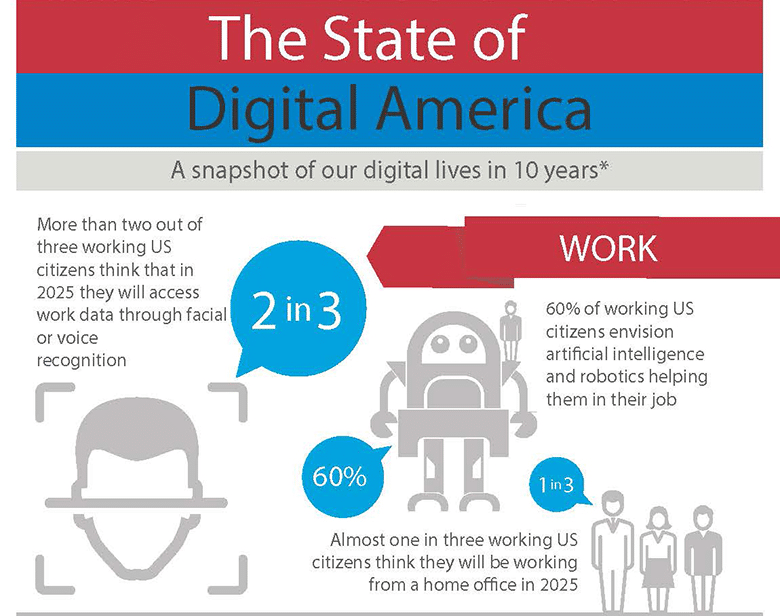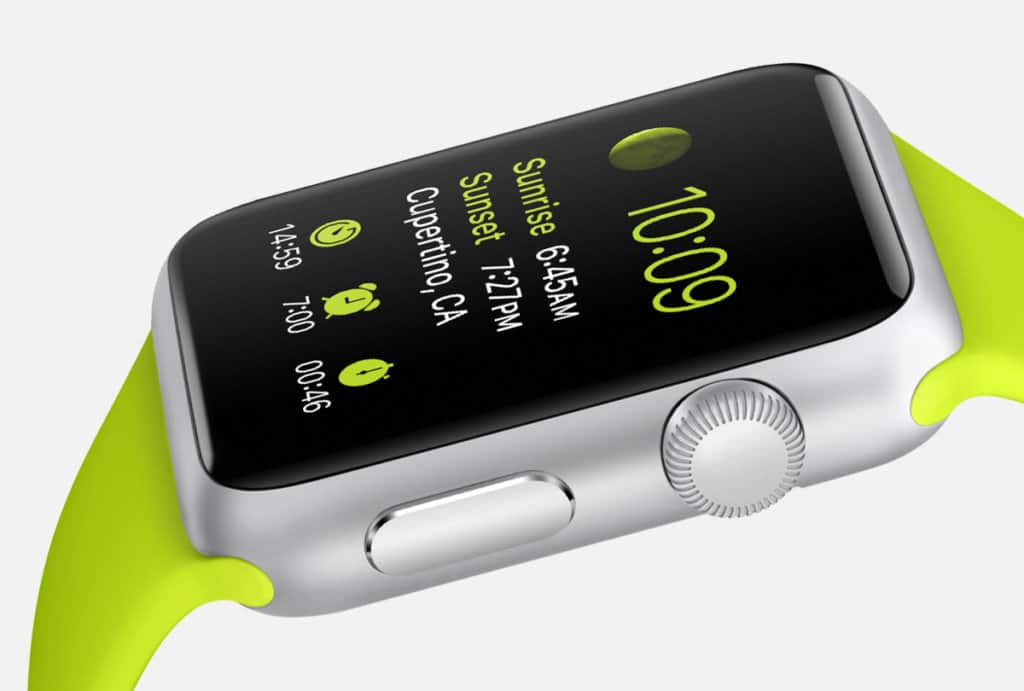GigaOm has an interesting, high-level piece that looks at the issue of law, liability and the Internet of Things. The article takes off from a discussion at the Download event in New York City earlier this month, wondering whether adoption of Internet of Things technologies like wearables is starting to run far ahead of society’s ability to manage them. Specifically: is the pace of technology innovation outstripping the ability of our legal system to reign in excess and protect public safety and civil liberties? On the list of ‘what-if’s’ are some familiar questions: How to assign liability. (“If one of Google’s automated cars crashes, is it the fault of the driver or Google?”) Read more Security Ledger coverage of Internet of Things here. What responsibility to users have to take advantage of safety features in connected products? (Does a parent’s failure to password-protect a baby monitor change the manufacturer’s liability when and […]
wearable technology
3G Module Just 26mm Wide OK’d by AT&T| ITworld
Steve Lawson at IDG News Service has an interesting article that notes AT&T’s certification of the U-blox SARA-U260 model, which is dubbed “the world’s smallest 3G module.” The 16 x 26 millimeter device is seen as a harbinger of the kind of low power device that will greatly expand the Internet of Things. The SARA-U260 is designed to transmit small amounts of data over 3G networks and could enable a new generation of even smaller and smarter devices – from Smartmeters to wearable technology to connected cars. The U260 has features that support applications from voice calling to auto industry telematics to retail point-of-sale terminals and handheld devices, according to U-blox. It uses A-GPS (Assisted Global Positioning System) and a technology called CellLocate that uses nearby cellular towers to triangulate a location in situations where GPS isn’t available. 3G and 2G networks are being replaced by 4G and even 5G networks for most consumer smart phones. But the technology still works great […]
Infographic: The State of Digital America in 2025
Consumers Embrace IoT And Wearables, Worry About Security Consequences
A new survey of consumer attitudes and expectations about technology finds that a strong majority of Americans expect wearable technology and biometric security to be common within the next decade. The survey, sponsored by the security company McAfee, asked 1,500 U.S. consumers about lifestyle and technology trends in the home and workplace. The results suggest that consumers are already adjusting their expectations about the future to include pervasive connectivity, a wealth of intelligent devices – and some of the problems that come with both. More than 60% of those surveyed by McAfee said they anticipate having connected appliances like refrigerators that will “automatically add food to a running grocery list if the product is running low.” A strong majority of those polled – 84% – said they were convinced their home security systems will be connected to their mobile device. “As technology, especially the Internet of Things, continues to rapidly advance and […]
Apple’s Platform for Wellness Arrives | Life as a Healthcare CIO
John Halamka, the CIO of Beth Israel Deaconness Medical Center in Boston has an interesting post on his blog about Apple’s big unveiling yesterday and its implications for connected health applications. With the image of naked Jennifer Lawrence still fresh in our minds, Halamka points out that Apple is taking steps to make sure no such slip-ups happen in the context of protected health information – a promising new market for wearable technology. As Halamka sees it, we’re on the cusp of revolution that will see the consumerization of what he calls “healthcare middleware.” That refers to software and services, like Apple’s recently announced HealthKit, that aggregates data about your body from multiple sensors in your clothing, your body and environment. Unlike the nude selfies that recently made the rounds online, however, health data is protected by Federal legislation – HIPAA. For that reason, Apple keeps that data local to the mobile […]




